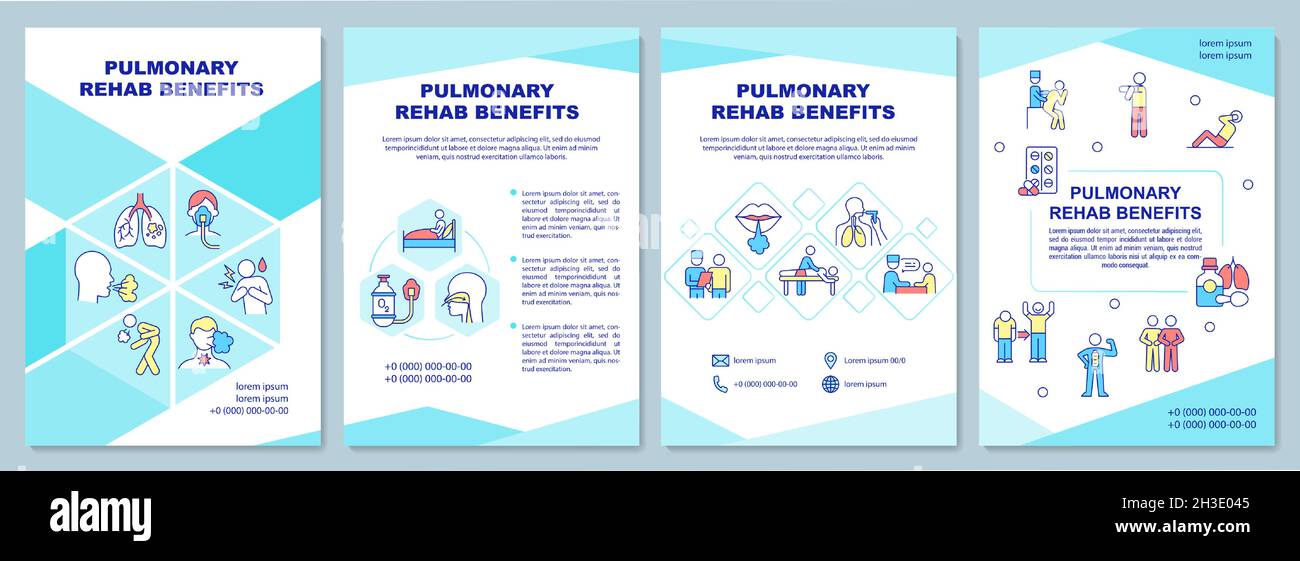The Only Guide for Narconon Africa
The Only Guide for Narconon Africa
Blog Article
Excitement About Narconon Africa
Table of ContentsThe Ultimate Guide To Narconon Africa3 Simple Techniques For Narconon AfricaThe Ultimate Guide To Narconon AfricaNarconon Africa Things To Know Before You Get ThisNarconon Africa Things To Know Before You Get ThisThe Best Strategy To Use For Narconon AfricaExamine This Report on Narconon Africa
In a series of documents with Manudeep Bhuller and Katrine V. Lken, we get over these data difficulties and the nonrandomness of jail time, offering new understandings right into how incarceration affects relapse, employment, children, and criminal networks - Drug rehab success. Number 1 Our job research studies the effects of imprisonment in Norway, a setup with two essential benefitsWe can even more link this information to other family members, including youngsters and siblings. We have info on co-offending that enables us to map out criminal networks for observed criminal offenses. Second, we can utilize the random task of criminal cases to courts that differ in their propensities to send out defendants to jail.
Some courts send out defendants to prison at a high rate, while others are more forgiving. We determine a judge's stringency as the ordinary imprisonment rate for all various other instances a judge takes care of, after managing for court and year set effects, which is the level of arbitrary job. This quasi-random assignment of court stringency can be used as an instrument for imprisonment, as it highly predicts the judge's choice in the current situation, but is uncorrelated with other situation characteristics both deliberately and empirically.
What Does Narconon Africa Do?
Characteristics of prisoners, including demographics and crime groups, are broadly similar in Norway and other countries, consisting of the United States, with the exemptions that the United States murder price is much higher, and race plays a larger duty there. What stands apart as different, specifically compared to the USA, is the jail system.
Number 2In Norway, the ordinary time spent behind bars is a little over 6 months, which resembles most various other Western European countries. This contrasts with ordinary United States jail time of virtually three years, which remains in big part the factor the USA is an outlier in its imprisonment rate compared to the remainder of the globe [Figure 1]
The Definitive Guide for Narconon Africa
This supplies much even more separation in between small and hardened wrongdoers than exists in the United States. There is no congestion in Norwegian prisons and better individual safety, with each detainee being designated to their very own cell and a greater inmate-to-staff ratio than in the United States (https://gravatar.com/narconon0346). Prisons in Norway additionally supply well-funded education, medication treatment, mental health, and work training programs
Our research on the effects of incarceration on the culprit, making use of the arbitrary job of courts as a tool, returns three key searchings for. Imprisonment discourages further criminal actions. We locate that imprisonment reduces the possibility that an individual will reoffend within 5 years by 27 percentage points and lowers the matching variety of criminal charges per individual by 10 costs.
The Greatest Guide To Narconon Africa
We locate substantial declines in reoffending possibilities and cumulative charged criminal activities even after defendants are released from jail. Our second outcome is that predisposition due to selection on unobservable private qualities, if ignored, causes the wrong final thought that time spent behind bars is criminogenic. If we merely contrast criminal defendants sent out to prison versus those not imprisoned, we locate positive organizations in between incarceration and subsequent criminal offense.
This stands in contrast to our analysis based upon the arbitrary task of courts, which locates an opposite-signed result. Third, the decrease in criminal activity is driven by people that were not working before imprisonment. Amongst these people, imprisonment increases engagement in programs directed at improving employability and reducing regression, and this inevitably raises work and profits while discouraging criminal behavior.

Imprisonment creates a 34 percent factor boost in participation in work training programs for the formerly nonemployed, and within five years their work rate rises by 40 portion factors. At the same time, the probability of reoffending within five years is cut by 46 percentage points, and there is a decrease of 22 in the average variety of criminal charges.
The 5-Minute Rule for Narconon Africa

A probable explanation for the distinction is that Norway's jail system varies markedly, both in regards to prison-term length and prison conditions, from the US jail system. While comprehending the results of imprisonment on the offender is an essential very first step, capturing spillover effects is likewise essential for evaluating criminal justice policy and developing reliable jail systems.
The 9-Minute Rule for Narconon Africa

Average the very least squares approximates expose that kids of incarcerated dads are 1 percentage point more likely to be billed with a crime, about a mean of 13 percent, and show no effect on school grades. Using our court stringency tool, we locate no analytical proof that a dad's incarceration affects a youngster's very own crime or institution grades, yet we are not able to dismiss modest-sized results.
The Facts About Narconon Africa Uncovered
We define criminal teams based on network links to previous criminal situations. When a criminal network participant is jailed, their peers' probability of being charged with a future criminal activity reduces by 51 percentage factors over the next four years - https://www.metal-archives.com/users/narcononza12.
Report this page